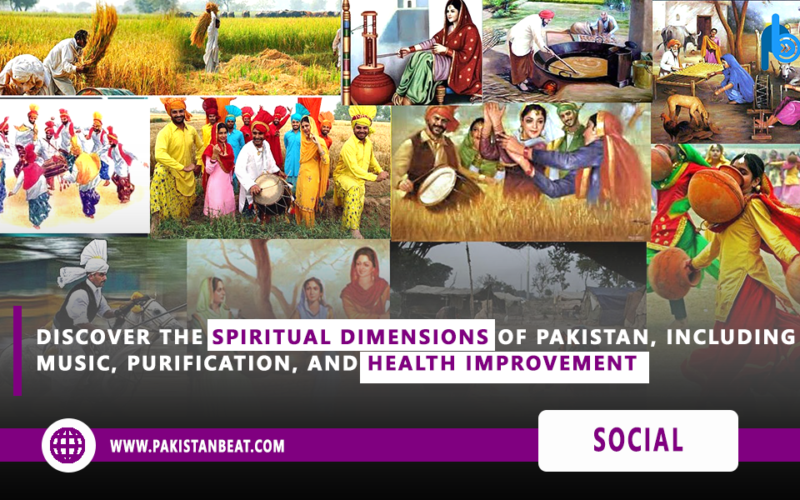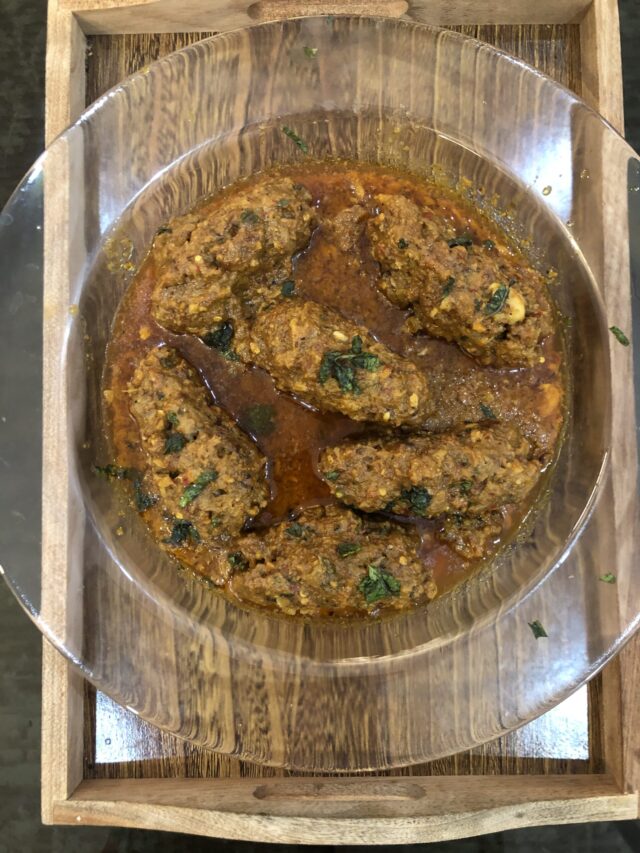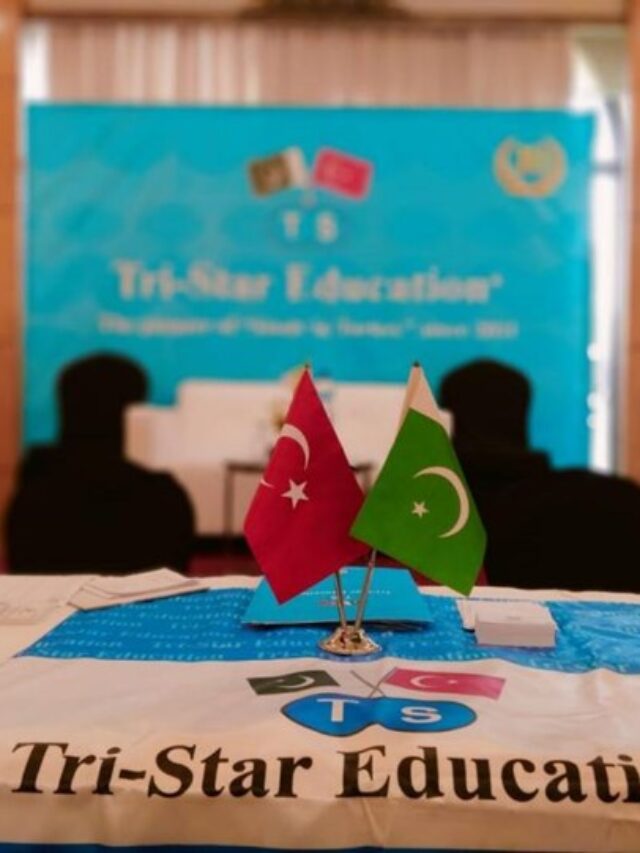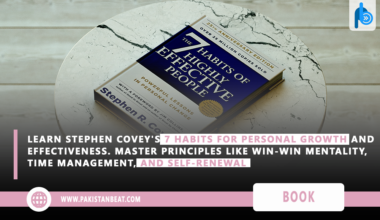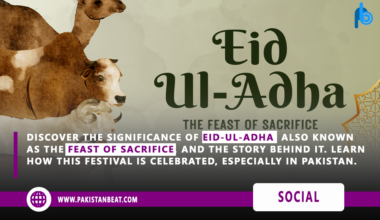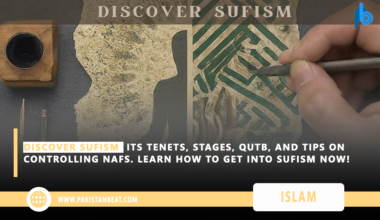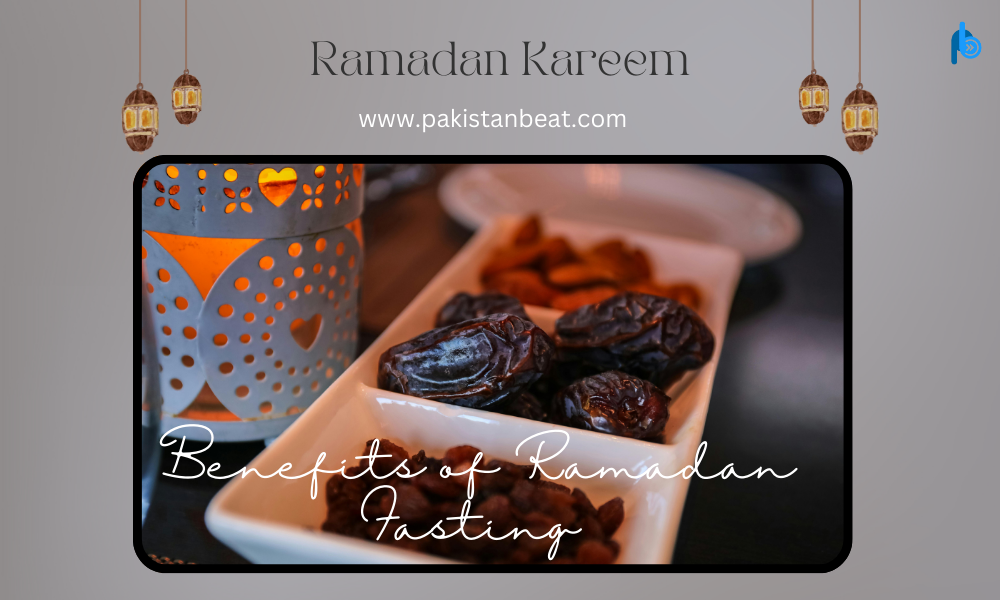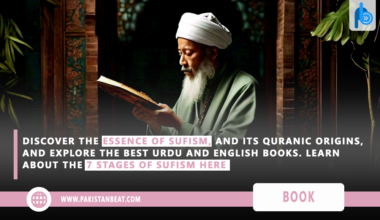Pakistan, a state with a wealthy fabric of background and cultivation, is greatly ingrained in Islamic values and traditions. These standards not only form the day-to-day living of its individuals but also provide deep spiritual dimensions that affect their total prosperity and community functions. Appreciating these spiritual aspects can supply a perception of how Pakistanis direct their individual and social life.
The Core of Islamic Values
Islamic morals in Pakistan are obtained from the Qu’ran and the Hadeeth, which fashion the basis of the faith. These ethics incorporate trust (Iman), supplication (Salah), compassion (Zakat), religious fasting (Sawm), and expedition (Pilgrimage). These pilasters are not just divine commitments but also footpaths to fulfilling spiritual intelligence and wider awareness.
Spiritual Dimensions in Daily Life
The spiritual dimensions of Islamic tradition in Pakistan are immense and profoundly unified into day-to-day standards. For example, the prayer announcement (Adhan) was listened to five times a day by peasants as a remembrance of the universality of God, promising Muslims to break and consider their spiritual health. This regular engagement with spirituality intensifies spiritual purification, assisting individuals to purify their being from adverse effects and consideration.
Enhancing Spiritual Intelligence
Spiritual intelligence, the capability to comprehend and implement spiritual principles in day-to-day lives, is extremely stressed in Moslem doctrine. In Pakistan, this is often sophisticated with schooling and exercise. Madras (Islamic academies) and devotional meetings offer a stage for education and conferring the Qur’aan and Hadeeth, raising a society that emphasises spiritual development beside intellectual growth. This twofold emphasis supports spiritual health advancement, producing souls more compassionate, moral, and conscious of their goal in life.
The Role of Spiritual Music
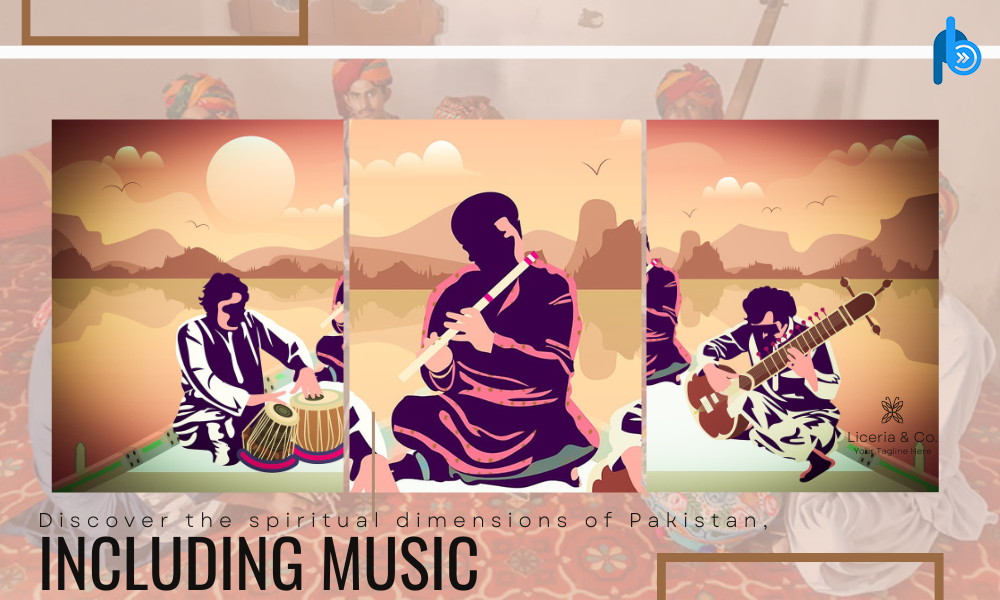
Spiritual music, specifically Sufi singing, performs a substantial function in Pakistani society. Sufi music, a frame of Sufi divine music, is aimed to produce a condition of incorporeal euphoria and intense association with the God. The poems, frequently founded on traditional poems and spiritual subjects, are an influential means for manifesting love and worship to God. This frame of spiritual music surpasses mere distraction, assisting as a machine for spiritual alchemy, where individuals search to metamorphose their interior identity with melodious and harmonious submersion.
Being Spiritual Without Religion
Amusingly, the idea of being spiritual without religion is also present in Pakistan, despite the fact that it’s less dominant. Certain souls perceive the spiritual aspects of Islam without literally clinging to its practice of religion. They concentrate on common human values like sympathy, tenderness, and a sense of wholeness with the cosmos. This method enables for spiritual health development without the boundaries of institutional religion, contributing to those who look for a greater individual and lesser organised spiritual journey.
Spiritual Purification Practices
Spiritual purification is a central facet of Islamic doctrine in Pakistan. Exercises like purification (Wudu) and the ceremonial bath prior to supplication are not just bodily purifications but also typical of cleaning the soul. Throughout Fasting month, fast is an alternative frame of spiritual purification, where refraining from meal and drinking from daybreak till sundown aids Moslem growth self-control, sympathy for the most vulnerable, and a nearer attachment to Almighty. These procedures strengthen the significance of spiritual health and elasticity in the face of life’s problems.
Community and Spiritual Health Improvement
Society performs an essential function in spiritual health development in Pakistan. Common religious traditions like Friday crowd supplication, Eid festivity, and public iftars throughout Fasting month nurture a feel of harmony and common objective. These gatherings provide heartwarming help, reinforce social relations, and upgrade the total spiritual health of souls. By sharing in these collective actions, Pakistanis enhance their promise to Islamic principles and practices, raising both their individual and communal spiritual health.
Spiritual Alchemy in Islamic Teachings
Spiritual alchemy, the technique of changing one’s interior self with spiritual exercises, is intensely rooted in Moslem doctrine. In Pakistan, this idea is commonly investigated with Sufism, an esoteric Muslim conviction system that highlights the inner quest for Divinity and turning away philistinism. Sufis absorb in exercises like Dhikr (reminder of God) and Muraqaba (contemplation) to reach a state of spiritual illumination and self-realization. These exercises assist in transforming the lower facets of the self into superior divine consciousness, similar to the alchemic conversion of base metal into gold.
The Impact of Islamic Values on Modern Pakistani Society
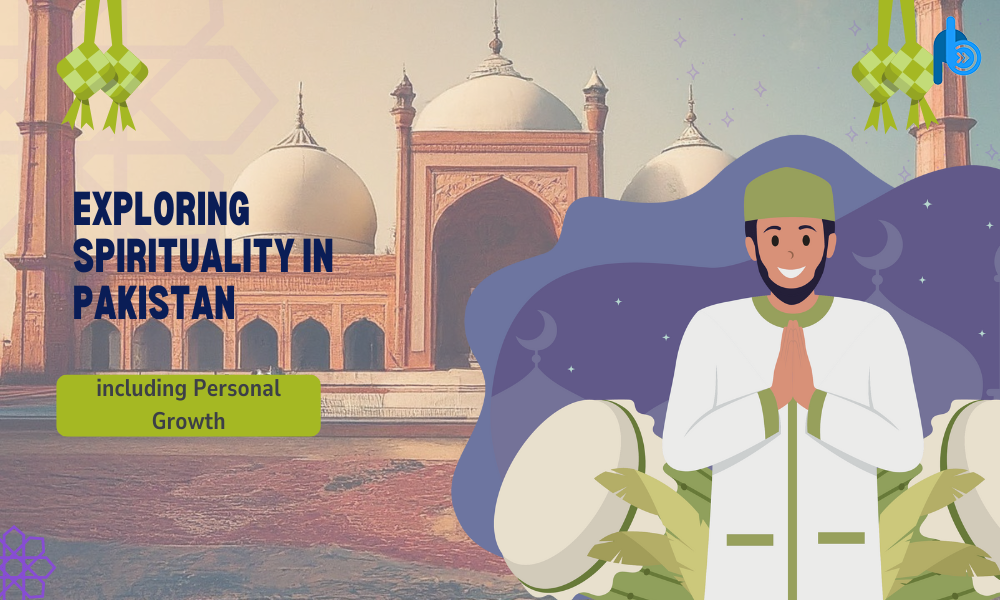
Muslim principles and practice have an esoteric influence on modernist Pakistani public. They affect legislation, societal norms, and even diplomacy. For example, the stress on goodwill (Zakat) drives to myriad humanitarian exertions, from separate action of compassion to widespread philanthropic institutions. The concentrate on equity and balance form social approaches regarding administration and social equality. Furthermore, the spiritual dimensions of these standards deliver a ethical skeleton that leads souls in their private and proficient livings.
Challenges and Adaptations
While Muslim philosophy and observance are profoundly adored in Pakistan, modernism carries its own set of problems. The new generation, uncovered to worldwide civilizations and belief systems, usually asks to equalise conventional ethics with current way of living. This has led to modifications where established exercises are reconceptualized to suit current frameworks. For instance, electronic channels are instantly applied for spiritual teaching and society fabrication, building Mohammedan doctrine further approachable to the digital-savvy youngster.
Conclusion
The spiritual dimensions of Islamic philosophy and convention in Pakistan are evidence to the inherent trust and racial magnificence of its public. From day-to-day supplication to spiritual music, from public meeting to individual spiritual expeditions, these conventions supply a complete access to life that highlight both corporeal and incorporeal health. As Pakistan continues to flourish, these standards and folklore will surely play an essential job in forming its futurity, guaranteeing that the spiritual health and moral backbone of the community stay unbroken. Whether with systematic faith or private spirituality, the quest for spiritual alchemy and illumination remains a primary subject in the life of Pakistan, directing them towards a path of contentment and social peace.
More Relatable Blogs from this Author:
